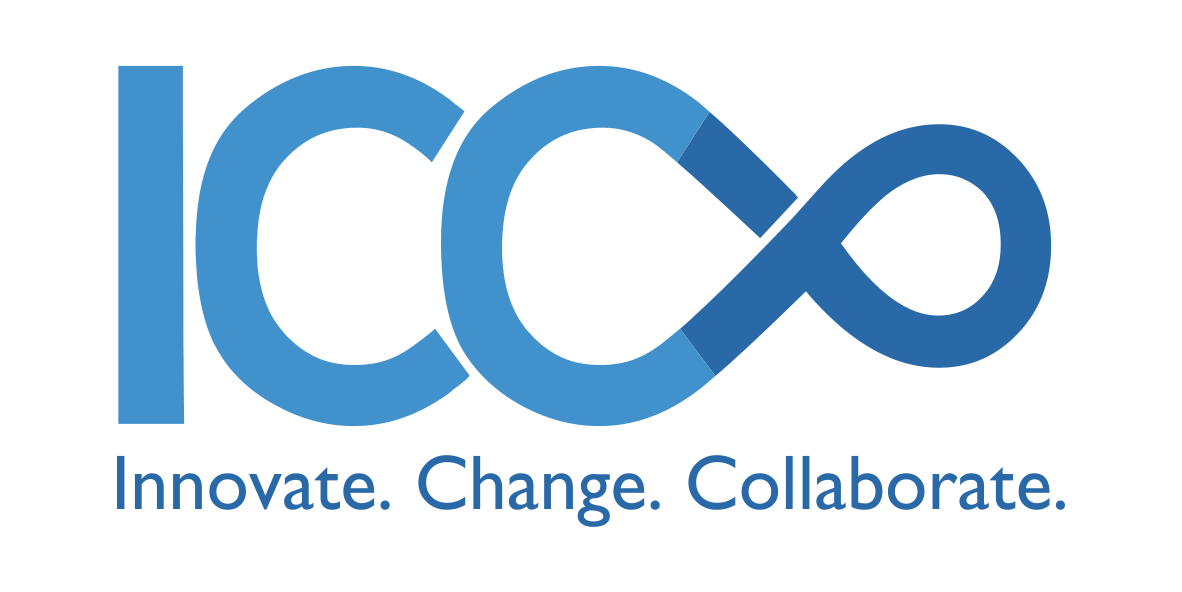Sustainable Livelihood Past Project
Program details: HSBC
ICCo in collaboration with HSBC Electrical Data Procession India Pvt Ltd implemented a project during April 2021 to March 2022 aiming to improve the livelihood of 2000 farmers towards a sustainable income generation. ICCo through its core competency of value chain development initiated the project with the capacitation of 10 Master Trainers from Krishna, Guntur and East Godavari districts of Andhra Pradesh. The aim was to attain a 10% increase in turmeric farm level production.
The collaboration also proposed the establishment of processing unit with the help of Nestham Maha FPC towards the value addition in the region as an essential aspect for getting high returns from the farm and enhancement of livelihood for the farmer. The establishment anticipates an increase in the annual income of turmeric agri-preneurs ranging from Rs. 5000 – Rs. 10000.
Additionally the project focused on convening women’s empowerment through financial literacy training to bring about behavioral change in 400 women.
ICCo contributed via the following interventions:
Capacity building:
We onboard the relevant experts to create capacity building interventions. In HSBC project, this helped the farmer’s gain the understanding of technology up gradation of farm practices and provided financial literacy to women.
Market linkages:
Accessing the markets and dealing with market intermediaries is a challenge for individual farmers. Under HSBC, Farmers were therefore sensitized about various aspects and processes involved in the marketing of turmeric products. Efforts were made by ICCo to successfully connect 25 farmers with some prominent local traders. As a result of establishment of better market linkage through the project, the farmers could sell their dry turmeric produce at an average rate of Rs 60 per kg as against Rs.45/- per kg in the previous year.
Necessary certification:
In order to introduce organic farming, under HSBC project the farmers have been sensitized towards organic farming and efforts have been taken to initiate the organic certification process with ITC Guntur.
Under process interventions, activities like (i) developing market linkages (ii) creating models for value addition and (iii) promoting organic farming have been attempted
Skill development:
This sense was reflected when they were asked about the adoption of technical advice. Almost all the farmers have reported that at least one farm related advice have been adopted by them during the season. This shows the utility of farm related trainings and advice.
Program details: ONGC
Protection and preservation of heritage products of Majuli through enterprise development and skill building.
Program details: NELPS
Strengthen the FPC promoted in the piggery sub-sector as well as to handhold the federation in operationalizing the king chilli processing unit.
Program details: ASRLM
ICCo has implemented similar programs for piggery in Dhemaji & Lakhimpur districts of Assam with support from Assam State Rural Livelihood Mission (ASRLM) covering 1500 women pig farmers in two blocks. A total of 14 producer groups have been formed in both the blocks. The main aim of forming the groups is to bring all the beneficiaries in one common platform through which a proper market linkage can be established. is to enhance the household income, to make better utilization of resources for Pig rearing round the year with proper planning, enable sustainable livelihood mechanism, enable Livestock insurance, increase productivity, and scientific management of pig rearing.
As a part of its delivery model ICCo fosters capacity enhancement training, skill building of farmers and its leaders conduct workshops, leadership sessions and knowledge/exposure visits for farmers, artisans and women.
Sustainable livelihoods: In the consortium approach, ICCo facilitated 4 organizations, namely Rashtriya Gramin Vikas Nidhi, Guwahati; SATRA, Darrang; EHA, Sonitpur; and Gramin Sahara, Kamrup, for sustainable livelihood practices in agriculture and allied sectors covering more than 10,000 beneficiaries in Assam.
Sustainable livelihoods: Since December 2013, ICCo has been supporting 800 rural women of different castes and communities (basically Rabha, Bodo, Hazong, and Rajbanshi) in the districts of Kamrup and Golpara. Among these women, 300 are involved in eri spinning and kitchen gardening in the Boko development block of Kamrup district, and the remaining 500 are involved in handloom production in Balijana and Kochdhowa development blocks of Goalpara district. These women have kept their businesses afloat by forming producer groups and producer federations. Three organizations, viz., Grameen Sahara, Assam Mahila Samata Society, and Reach India Trust are involved as implementing partners.
Sustainable livelihoods: ICCo India entered into an MoU with the Institute of Rural Management (IRMA), Anand, Gujrat as a knowledge partner for livelihood issues.
Sustainable livelihoods: ICCo India entered into a partnership with the Jharkhand State Livelihood Promotion Society (JSLPS) and the World Bank-supported North East Livelihood Promotion Society (NELPS). ICCo provided technical support to the state-level livelihood initiative Jharkhand State Livelihood Promotion Society (www.jslps.org ) and is currently working as a technical agency for value chain establishment ( piggery, dairy, and King Chilli) for the World Bank-supported North East Livelihood Promotion Society www.nerlp.gov.in and sustainable livelihood activities, where more than 6000 farmers have been covered.
ICCo India entered into a partnership with the Tata Institute of Social Science as a knowledge partner for working on monitoring and impact analysis
Sustainable livelihoods: ICCo has been working with YARN GLORY in Assam for design support on handloom product
Sustainable livelihoods: ICCo entered into a partnership with Tata Community Initiatives Trust (TCIT), a public charitable trust set up by Tata Sons to strengthen and develop the capacity to train 1 million youth annually by 2022 for employment, entrepreneurship and community enterprises.
Sustainable livelihoods: Memorandum of Understanding between ICCo and FICCI and FICCI-SOCIO-ECONOMIC DEVELOPMENT FOUNDATION (FICCI-SEDF) was signed to work with ICCo to develop and implement CSR programs for the private and NGO sector. The partnership will also help create CSR projects and programs for corporations. It additionally agrees to jointly monitor and assess the progress of projects undertaken and carry out an impact analysis study. ICCo also acts as a portfolio manager wherever the need arises.
Sustainable livelihoods: ICCo has signed an MoU with the Indian Institute of Technology, Guwahati for technology dissemination and entrepreneurship development.
